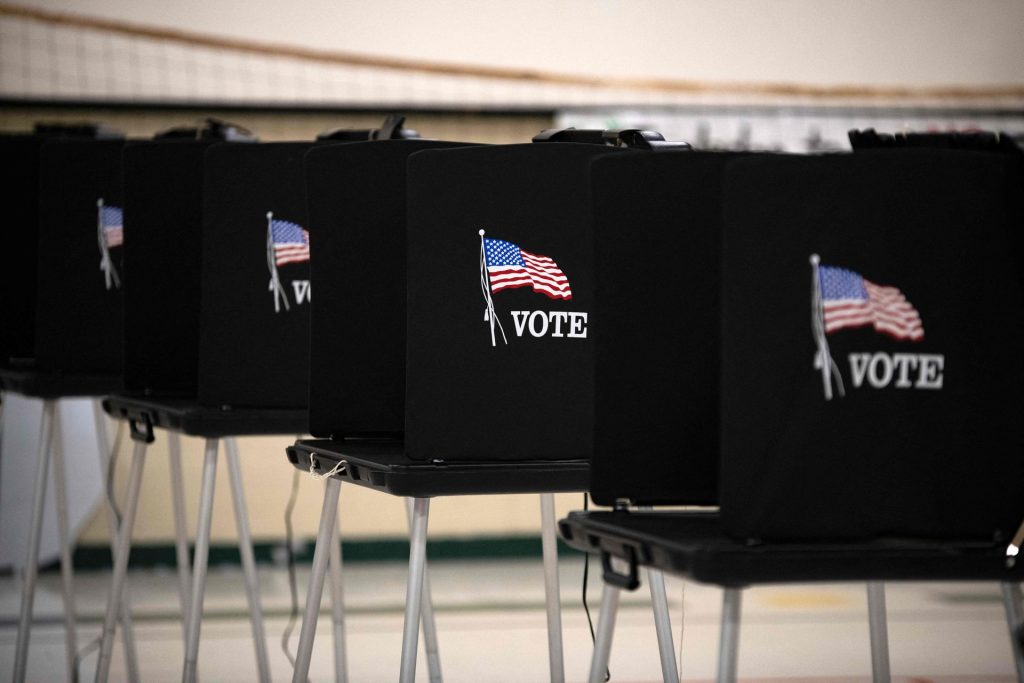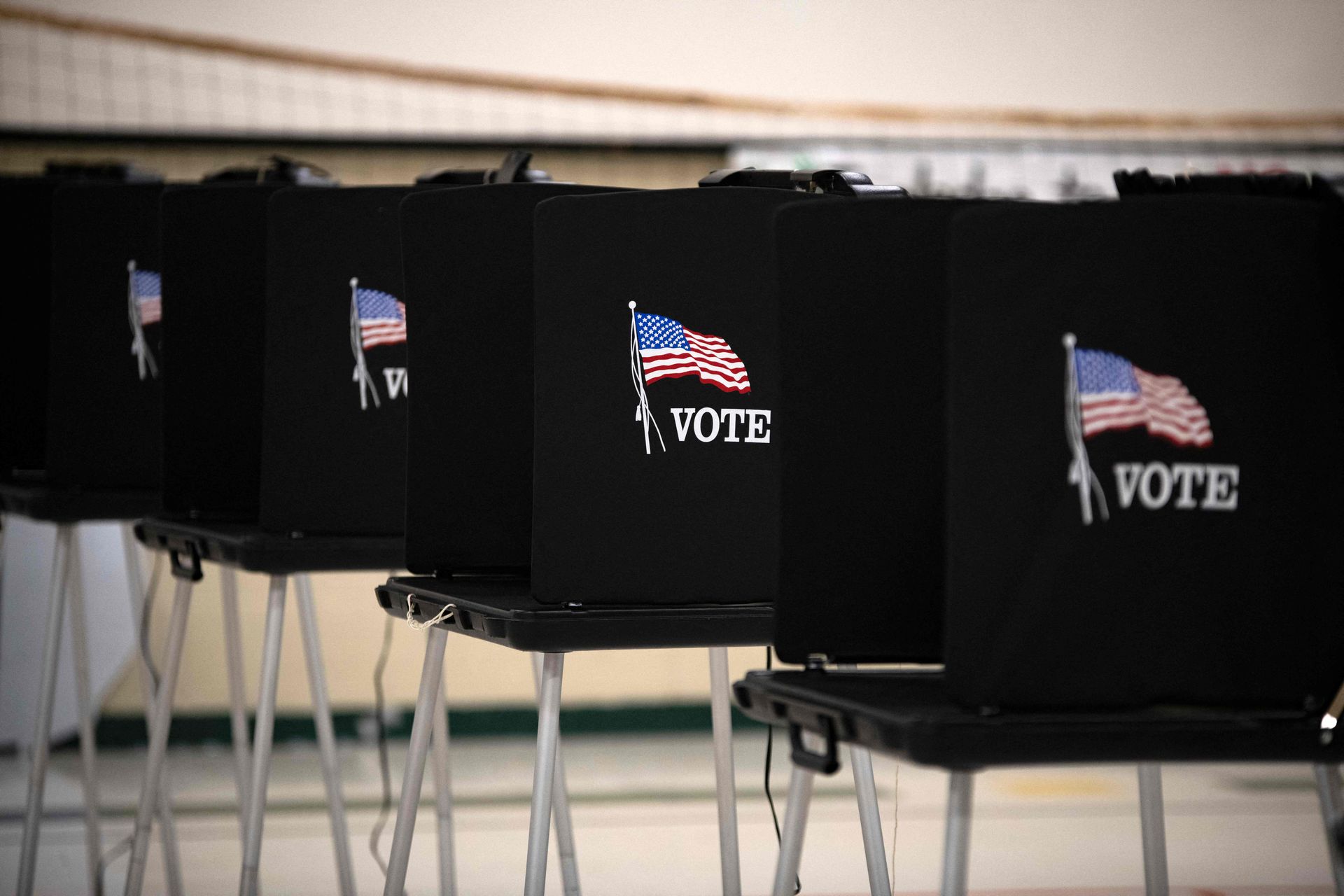








Re-Evaluating the American litmus Ttest when both political parties disagree with voters.


Welcome back to USA Brief, where we take a look at the pressing issues shaping the nation. As the first debate between Biden and Trump approaches this June, the nation finds itself increasingly polarized, especially regarding two persistent foreign policy dichotomies: Ukraine/Russia and Israel/Palestine.
With the first debate between Biden and Trump set for June amidst an ever-polarized nation, two persistent foreign policy dichotomies are dominating the election discourse: Ukraine/Russia and Israel/Palestine.
On the former, the division is clear: the left is pro-Ukraine, anti-Russia, and anti-Trump. The right is pro-Russia because the left is anti-Russia and more importantly because Trump is pro-Russia. Ultraconservative Congresswoman Marjorie Taylor Greene (R-GA) recently failed to remove Speaker of the House Mike Johnson (R-LA), not even a year after her colleague Matt Gaetz (R-FL) successfully ousted Johnson’s predecessor Kevin McCarthy (R-CA). The move to expel the House Speaker in both instances resulted from GOP in-fighting. Gaetz removed McCarthy for compromising with the Democrats and for going easy on the Biden family. Greene wanted Johnson out for agreeing to send another cent to Ukraine.
Meanwhile, as protests continue to flare on university campuses throughout the country, escalating into violence in cities like Los Angeles, it is the Israel-Hamas War that is the undisputed foreign policy issue defining 2024.
Biden’s establishment left is near-unanimously behind Israel, with only a few Democrats – namely those who are far-left, ethnic-Palestinian, or Muslim – openly supporting Palestine. Amongst the radical left, some consider a Trump victory better than a Biden one. Biden recently has started to thaw on his position lest he risk losing key votes from the vocal Pro-Palestinian echelons of the American left.
The Israel/Palestine binary collapses when applied to Trump’s Republican Party. Rather than align opposite to the Democrats, they are also staunchly pro-Israel. Trump was a fierce ally of Benjamin Netanyahu’s government, going so far as relocating Israel’s US embassy to Jerusalem.
This is complicated by Trump’s appointment of Steve Bannon (ex-Chief Strategist and senior counselor) and Stephen Miller (Chief Policy Advisor) during his Presidency. Bannon, former executive chairman of Breitbart News, oversaw an online haven for white nationalist and antisemitic thought. Miller, through leaked emails with Breitbart staff, was found to be aware of and sympathetic toward ideas on their site. Yet this radical right, antisemitic element of Trump’s diverse but contradictory base is silent.
The 2024 Presidential election is positioned to be decided according to foreign policy. However, regardless of whether Trump or Biden is re-elected in November, it is the State of Israel that will win.

Ukraine’s entry would allow it to work more closely with other IEA countries on using limited energy resources with greater efficiency.

The rise of cyberwarfare has revolutionized global competition, transforming state security and sovereignty threats from physical borders to cyberspace, highlighting the urgent need for robust cybersecurity measures and international cooperation.

The growing alliance between India and Japan indeed presents a significant counterbalance to China’s increasing influence in the Asia-Pacific region.

Military force without diplomacy cannot deliver lasting results and can lead to an unparalleled catastrophe with consequences beyond comprehension.
Written By: BATUHAN GUNES
Written By: KRISTIN HYNES
Written By: ERIC SONG
Written By: ALEXANDER BERGH
Written By: KATE-REID SMITH
Written By: JOSEF SCHOEFL
Written By: PATRIC MCFARLAND
Written By: FATIH CEYLAN
FA’s flagship evening newsletter guilding you through the most important world streis ofthe day. Delivered weekdays.
